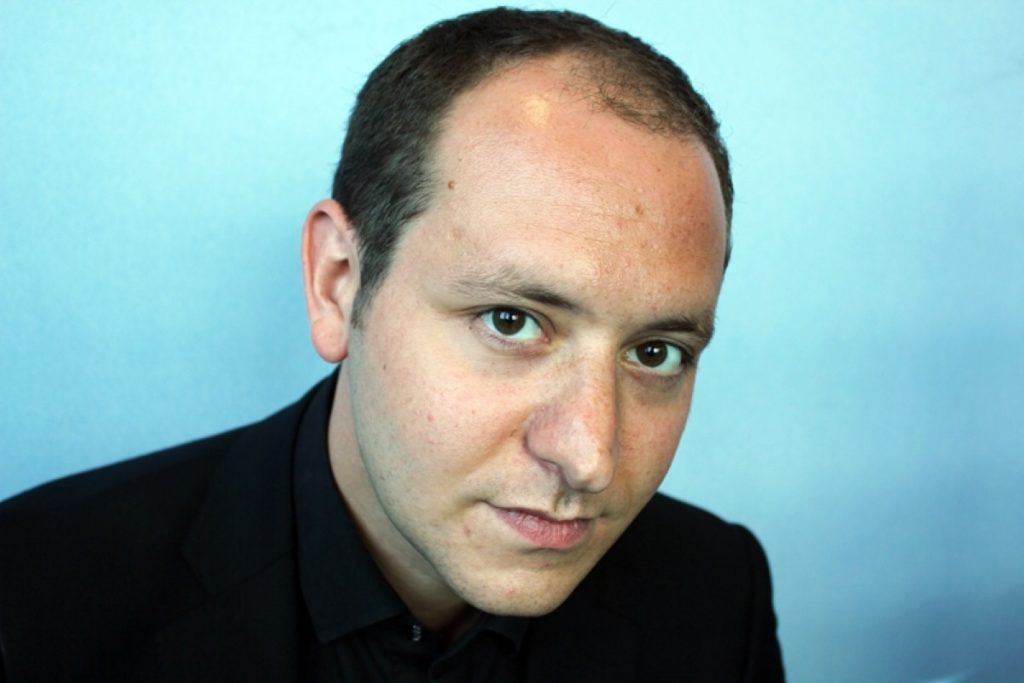Comment: Turning doctors into immigration police will cost more than it saves
It's possible, with the benefit of hindsight, to look back on the dark days of New Labour's attack on civil liberties and smile. Regardless of how appallingly wrongheaded ID cards or 90-day detention were, they at least were a response to a real fear – that of international terrorism.
Today, Theresa May is implementing draconian legislation because she had a bad dream.
Asked repeatedly on the Today programme what made her think there is a problem with health tourism in the UK, she was unable to do so. Instead she fell back on the "perception" of health tourism and that "most people are saying it's not fair".
She is now legislating for dreams. She's like the villain in a children's cartoon.


Her solution is to bring in a levy on migrants to pre-pay for NHS treatment they may or may not get and, more importantly, to force doctors to check people's immigration status.
Fortunately, May's bad dream is just that: a dream. There is no evidence at all of significant levels of health tourism in the UK – although there is, for the record, considerable evidence of health tourism from the UK. More people leave the UK for medical treatment than travel to it.
According to the NHS, annual expenditure on health tourism is £12 million – 0.01% of the £108.9 billion NHS budget. It's the equivalent of 2,000 hip operations.
But even this figure is not reliable. It is merely the sum total of the £33 million spent on foreign nationals a year which is written off by the NHS. This could be for a number of reasons, not least because the patient died or cannot be traced.
But the government's proposal, which turns doctors into UK Border Agency staff, could cost more than it saves. Among the other policies being planned are a new claims system to claw back fees owed from other EU countries and a tracking system to charge visitors for GP visits. Clare Gerada, chair of the Royal College of GPs, believes staff costs alone will cost £500 million.
There is a more substantial cost which could follow from denying illegal immigrants health care.
If treated early a patient is much less likely to present at A&E, which costs the NHS three times as much as a GP visit. Worse, by allowing potentially diseased individual to go without treatment, the risk of the disease spreading is vastly enhanced, triggering far higher long-term costs.
Imagine that a man who is HIV positive is not allowed medical attention in an outpatient clinic. Eventually they become life-threateningly ill. Their treatment will now cost much more when they eventually arrive at A&E. And by then, how many other people will they have infected?
These nasty, spiteful proposals are as disastrous for community health as they are financially moronic.
They also introduce a perverse new role for the doctor, who is being turned into a border official. This adds to an already over-burdened workload and poisons the relationship with the patient. Most doctors do not suffer from the same mental trauma as the home secretary. They are not interested in checking the rights of vulnerable people coming to them for help.
The so-called problem of foreign visitors using the NHS has been a running theme in the health service since it was created. And a focus on identity documents was always a potential response.
"One of the consequences of the universality of the British Health Service is the free treatment of foreign visitors," then health minister Aneurin Bevan said in 1952.
"There are a number of more potent reasons why it would be unwise as well as mean to withhold the free service from the visitor to Britain. How do we distinguish a visitor from anybody else? Are British citizens to carry means of identification everywhere to prove that they are not visitors?"
Britain, unlike Europe and much of the developing world, has never been the kind of place that demands to see your papers. That's not how we do things. May wants to sacrifice that for a non-existent problem, to introduce a solution which will cost more than it saves and put community health at risk.
The opinions in Politics.co.uk's Comment and Analysis section are those of the author and are no reflection of the views of the website or its owners.












